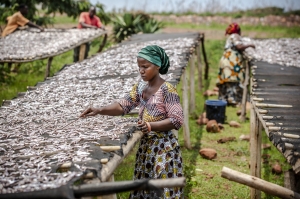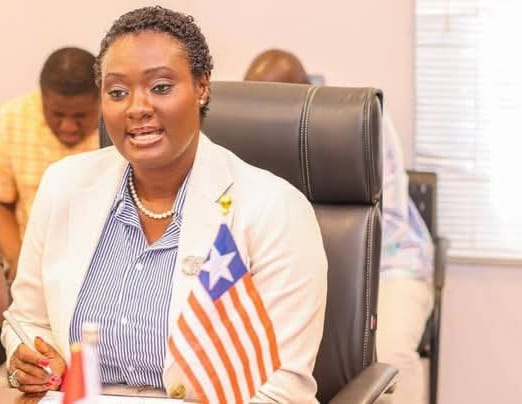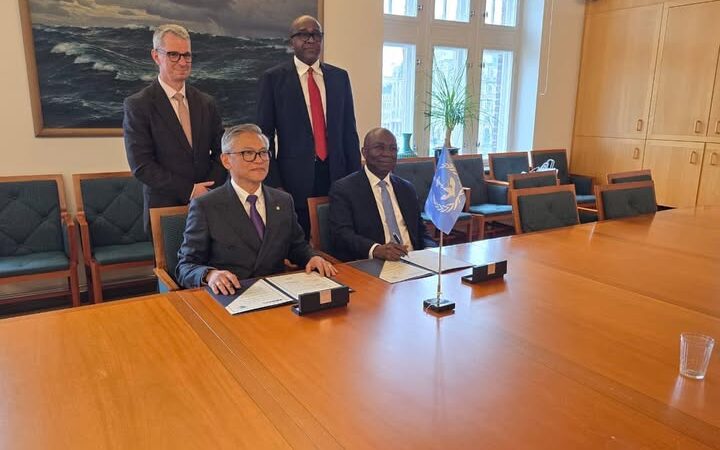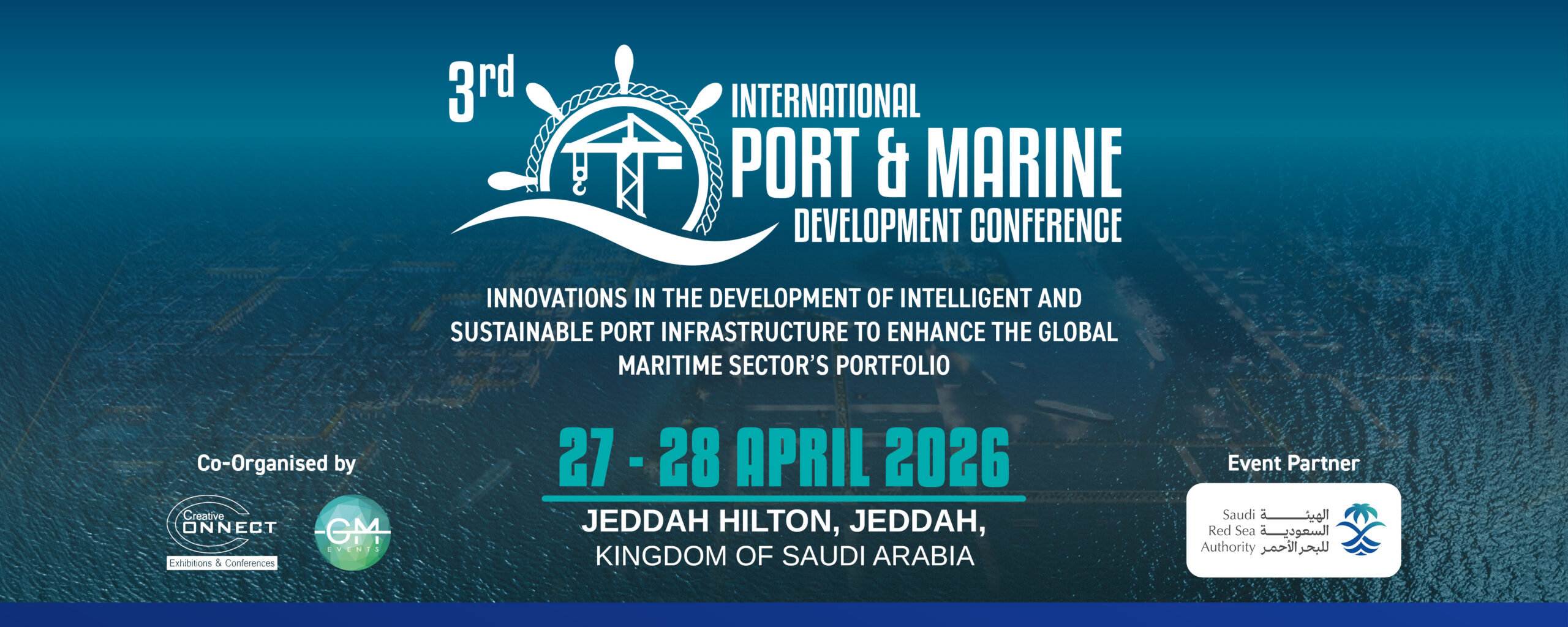FAO celebrates IYAFA 2022 with dialogue on the generational challenge facing young people in artisanal fisheries and aquaculture

Panel ranging from academic experts in small-scale fisheries and aquaculture to young activists and workers in the industries discussed the difficulties but also the opportunities ahead.
Themes including the need for African governments to have youth-focused fisheries policies, for more investment in training and skills and removing the barriers to accessing finance, came strongly to the fore as FAO brought experts and activists together to consider the future for Africa’s young people in artisanal industries.
Over four hundred people joined the live audience for a Twitter Space audio dialogue to celebrate the International Year of Artisanal Fisheries and Aquaculture (IYAFA 2022) hosted by the Food and Agriculture Organization’s Regional Office for Africa. Another four thousand and counting have listened to a Tweeted recording.
The United Nations General Assembly declared the international year IYAFA 2022 in recognition of the role of the millions of small-scale fishers, fish farmers, fish processors and traders in providing nutrition to billions of people and contributing to the challenge of achieving Zero Hunger. More than 60 per cent of people in Africa are under 25 years of age and many in the small-scale industries in Africa are young people. The future of artisanal fisheries and aquaculture lies in their hands.
The generational challenge attracted much interest and debate. The differences between between male and female experiences of the industries emerged. Dorcas Malogho and Nana Kweigyah of the Kenyan and Ghanaian branches of CAOPA – the African Confederation of Artisanal Fishing Organisations – raised the issues of young women especially not having the confidence to make their voices heard fully, while also focusing on the need for artisanal fisheries-based policies across Africa. Winnie Natseba – a young woman fish trader from Uganda – agreed and added that a major challenge was having the support to get produce to market and to finance more advanced processing, with less waste. Hamis Nyampesi, a young man who joined the panel from Malawi, spoke of his experience of using ecommerce to sell his fish products.
Innovation and technology were other strong topics for discussion with Dr Flower Msuya, the founder of the Zanzibar Seaweed Cluster Initiative, explaining how the development of cultivation and processing methods was adding to the value of non-food seaweed products, which in turn was encouraging young people into this area of the industries. Dr Ndiaga Gueye, FAO’s Senior Fisheries Officer for Africa, agreed with the importance of exploring new technology and improving the level of knowledge held by young fishers, farmers, processors, and traders.
Dr Serge Raemaekers of the South African social enterprise Abalobi gave concrete examples of how new technology can empower all fishers – but especially the young given their “digital natives” status. Abalobi has created a series of apps in cooperation with artisanal fishing communities in the Western Cape, which connect to a platform which in turn allows the fishers to directly reach their markets, raising incomes and living standards. Dr Raemaekers described a “new energy” among youth using the new tools.
Training, confidence, technology, financial barriers – all made it into the discussion, but a strong point also came from Jennifer Sodji, the young woman founder and CEO of Worlding Fish Farms in Ghana, which now produces 50 tonnes of tilapia a week. Ms Sodji passionately called for small-scale fisheries and aquaculture workers to be listened to and fully involved when it comes to training and representation so that their views are properly taken on board. “We need to change the narrative,” she said. “There are a lot of problems in the industries for sure, but there are a lot of benefits too, waiting to be released and built upon.”
The panel was moderated by South African journalist and analyst, Milton Nkosi.
Press release : FAO Regional Office for Africa





